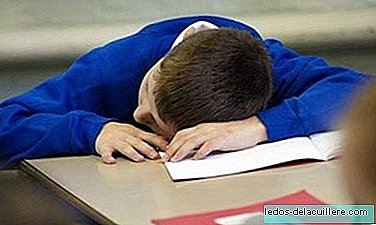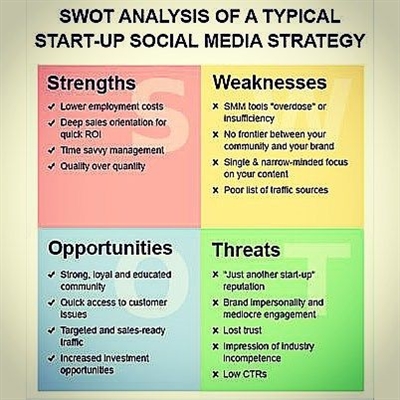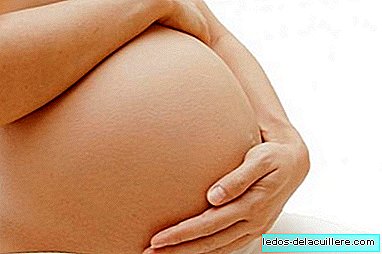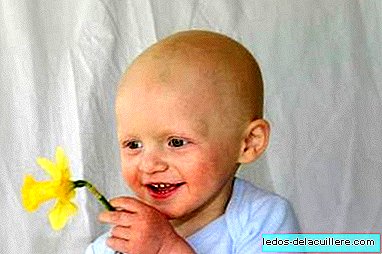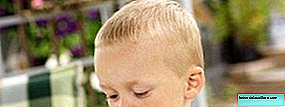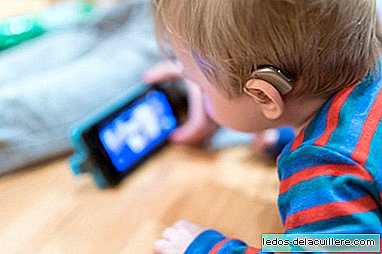
According to data from the World Health Organization, more than 5% of the world's population (360 million people) suffer Disabling hearing loss, specifically, 328 million adults and 32 million children. Disabling hearing loss means a hearing loss greater than 40dB in the ear with better hearing in adults, and greater than 30dB in the ear with better hearing in children.
And although most people with disabling hearing loss live in low and middle income countries, we should not neglect the hearing health of our children. For the early detection of hearing problems, all children are tested within a few days after birth.
However, deafness in the newborn is rare: According to the Spanish Association of Pediatrics, five out of every 1000 children are born in Spain with some type of deafness and one in 1000 has a deep deafness.
Remember that hearing is necessary to develop language and communication, so if a child does not hear well, they will have difficulty speaking and communicating, which will affect their emotional, social and school development. Limiting the person's ability to communicate with others will impact him on many levels.
Hearing loss and deafness
It is said that someone suffers from hearing loss when they are unable to hear as well as a person whose sense of hearing is normal, that is, whose hearing threshold in both ears is equal to or greater than 25 dB. Hearing loss can be mild, moderate, severe or profound..
Many people will learn to communicate by word and can use hearing aids, cochlear implants and other devices, as well as subtitles. Cochlear implants may be helpful for people with a more severe hearing loss.
Deaf people hear very little or nothing, that is, they suffer from profound hearing loss. They often communicate through sign language.

Causes of hearing loss and deafness
The causes of hearing loss and deafness can be divided into congenital and acquired.
Congenital causes: can determine hearing loss at birth or shortly thereafter. Hearing loss may be due to hereditary and non-inherited factors, or complications during pregnancy and childbirth, including: maternal rubella, syphilis or other infections during pregnancy; low birth weight; asphyxiation of labor (lack of oxygen at the time of delivery); improper use of certain medications such as aminoglycosides, cytotoxic, antimalarial and diuretic medications; Severe jaundice during the neonatal period, which can injure the auditory nerve of the newborn.
Acquired Causes, which can cause hearing loss at any age. Among the causes are: some infectious diseases, for example meningitis, measles and mumps; chronic ear infection; the presence of fluid in the ear (otitis media); the use of some medications, such as antibiotics and antimalarials; head or ear trauma; exposure to excessive noise (work environments in which noisy machinery is operated or explosions occur, in recreational activities or during the use of personal audio devices); aging, specifically the degeneration of sensory cells; obstruction of the ear canal produced by earwax or foreign bodies.
In children, chronic otitis media is the leading cause of hearing loss. We recently informed you that, according to the Spanish Society of Otolaryngology and Head and Neck Surgery (SEORL-CCC), 90% of children suffer at least one episode of otitis before the age of five.
Acute otitis media is an infectious inflammatory process that affects the middle ear, favoring the accumulation of fluid in the middle ear, constituting the condition of secretory otitis. This type of otitis is the main cause of hearing loss in children, so you have to follow children otitis medically closely, especially if they are recurrent.
Prevent hearing problems
We remember that prevention can prevent approximately half of cases of hearing problems. Therefore, it is recommended to vaccinate children against childhood diseases, particularly measles, meningitis, rubella and mumps. Prenatal care and rubella vaccination in women before becoming pregnant or following proper otological care practices can also prevent hearing loss.
All newborns must be tested for hearing, preferably before discharge from maternity or, if not possible, in the first month of life. Babies with high risks (for example, those who have a family history of deafness, those who are born underweight or have suffered asphyxiation of childbirth, jaundice or meningitis) should undergo early evaluation and diagnosis and give them treatment suitable. In children, it is advisable to perform tests for otitis media and to carry out the medical or surgical interventions that are appropriate.
In addition, we must minimize exposure to loud noises, which are more than we think in our daily lives. Our children are exposed to too much noise, and that is that up to 20% of the Spanish population is subject to a level of noise that can affect their health, figures that could be transferred to other countries perfectly.
In short, the figures are shocking: 32 million children in the world suffer from a disabling hearing loss and it is in our hands to reduce risks, prevent and ensure that the little ones reach full development or better development if problems are detected early and they are intervened properly.
Photos | iStock
Via | WHO
In Babies and more | Do you suspect that your child has a hearing problem? Don't let it pass, does my son hear well? Ten signs of possible hearing loss, Types of hearing problems



